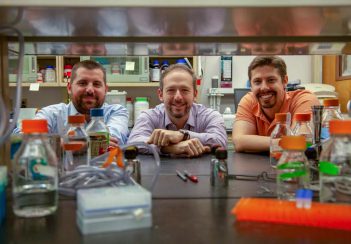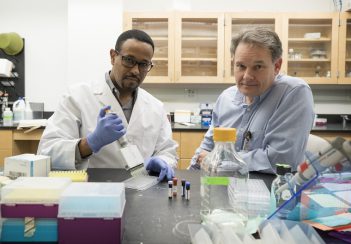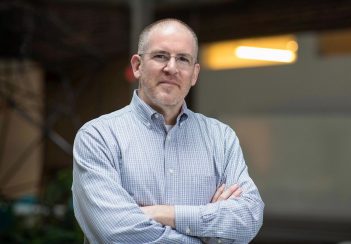
UPDATE: The University of Michigan came out on top with a potential treatment for tinnitus. Congrats to them and to the Kipnis team for a great performance!

UPDATE: The University of Michigan came out on top with a potential treatment for tinnitus. Congrats to them and to the Kipnis team for a great performance!

Our Timothy Bullock, PhD, and his team have discovered a defect in immune cells known as “killer T cells” that explains why they struggle to destroy cancer tumors. By fixing this defect, scientists could make the cells much better at killing cancer cells.

Now we may know why specific brain cells die in Alzheimer’s, Parkinson’s and other neurodegenerative diseases.

Our Thomas Platts-Mills discovered that tick bites can cause people to become allergic to red meat, a story that has fascinated people around the world. But that’s just one of his many fascinating accomplishments.

Lee Ritterband, who created the anti-insomnia program SHUTi, has been named 2019’s Innovator of the Year by UVA’s Licensing & Ventures Group.

Scientific research is an increasingly collaborative effort. Research these days is often not the work of one lab, one department or even one university but many institutions coming together to combine their expertise and resources. So when there are that many players, how do you ensure that mistakes don’t creep in?